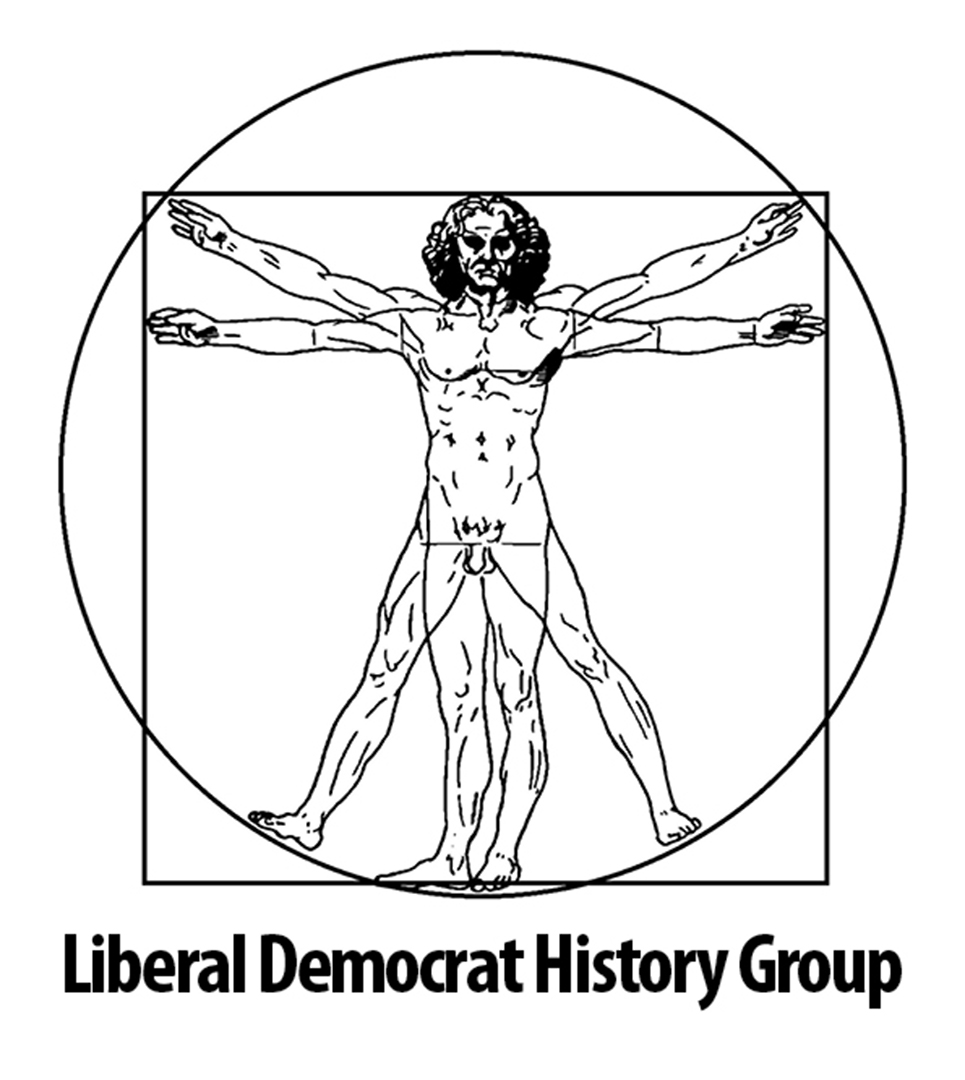In October 1931 Macdonald succumbed to Conservative pressure for an election on the grounds that a legitimate mandate was necessary to underpin the tough measures that the National Government might be bound to take in order to overcome Britain’s fiscal crisis.
The subsequent election prompted the final and enduring split within the Liberal Party during the inter-war period, as Liberals argued about how the crisis should be tackled and whether their sacred principle of free trade should be sacrificed in order to restore economic stability.
The Liberals went to the polls as three distinct groups. The Liberal Nationals under the leadership of Sir John Simon represented about half of the parliamentary party, who had broken away on the grounds that protection was a necessary pill to swallow in order to cure the country’s ills. Crucially, their abandonment of free trade had helped to secure their political future by rewarding them with Conservative co-operation at the polls. Lloyd George, who had devolved the Liberal leadership to Sir Herbert Samuel following serious prostate problems, abandoned the Liberal fold in disgust, accusing his deputy of signing the death warrant of the Party by bowing to Tory coercion for an election. He was accompanied by a three-strong family group of MPs. Samuel led the remaining dilapidated Liberals into the election on the dubious guarantee that a full investigation would precede any proposals to adopt protection.
The result was a devastating blow for Liberalism. Liberals within the new Parliament may have amounted to 72, but they remained split into three distinct groups. The Liberal Nationals secured 35 seats, the main body of Liberals under Samuel 33 and Lloyd George’s group four. Moreover, the Conservatives now boasted a protectionist majority within the new National Government, whist the influence of the Samuelite Liberals had been dramatically reduced. The Liberal Nationals, who were prepared to accept protection from the outset, were now brought into the Cabinet.
Free trade seemed consequently doomed, with the former Liberal free trader, Walter Runciman heading the assault on the doctrine as the new President of the Board of Trade. The imposition of a tariff on luxury items was rapidly followed by further creeping measures of protection, including the adoption of a quota on wheat imports. Despite protests from Samuel, the Liberals had little choice but to accept the measures. The only other option was to risk public antipathy and leave the National Government for the wilderness of the backbenches.
However, when a general 10% tariff was introduced in January 1932, without the preceding enquiry the Liberals had been promised, Samuel and his colleagues were forced to bow to pressure from the Party’s rank and file and resign from the Cabinet. They were granted a temporary stay of execution by the National Government, who abandoned the principle of Cabinet collective responsibility, which allowed them to speak and vote against protectionist measures. Nonetheless, the situation was unsustainable and the Liberals were finally compelled to resign their posts in September. The Ottawa agreements, which negotiated a series of tariff bargains between Britain and the Dominions, had finally prompted their departure. Yet, desperate not to lose public support, the Liberals continued to occupy benches on the Government side of the House before finally crossing the floor into the political wilderness in November 1933.
The formation of the National Government had initially given the Liberals the opportunity to regain office and temporarily masked underlying divisions within the Party. Nonetheless, disagreements over the Party’s long term political strategy were soon brought to the forefront once again. It was clear that the Liberals were now a minority third party who were no longer in a position to dictate policy. All they could hope to achieve was some degree of influence over one of the other two parties. This situation had already prompted disagreements within the Party following its decision to support the minority Labour Government after 1929, despite opposition from Liberals like Sir John Simon. Liberal arguments continued within the National Government, between those who were prepared to sacrifice their principles in the short term in order to achieve political security and those who continued to cherish free trade against all odds.
The creation of Simon’s Liberal National group finally smashed the already fragile unity of the Liberal Party and dramatically reduced both its parliamentary strength and its standing within the eyes of the electorate. Meanwhile, Lloyd George’s decision to abandon the Party in disgust, when Samuel conceded to an election, essentially left the Liberals without an effective leader. Although Samuel was a skilled organiser, he hardly boasted the public appeal of the great Welsh orator. Furthermore, Lloyd George’s departure had left the cash-strapped Party without access to his vast political fund and his decision to cancel all financial contributions to Liberal headquarters left the organisation without a large proportion of the £3,000 needed annually to run its base. This helped to scupper the Party’s electoral chances and the Liberals could afford to field just 112 candidates in 1931.
Yet, Liberal divisions were not just limited to the parliamentary party and the rank and file became increasingly frustrated by Samuel’s willingness to let free trade go without a fight. Unsatisfied that the agreement to differ was enough to protect free trade, delegates at the Party’s 1932 conference in Clacton were narrowly defeated on a motion calling for the resignation of the Liberal ministers and publicly condemned Samuel for accepting measures of protection such as the Wheat Quota.
Rather than providing them with the opportunity to regain some level of credibility and power, the Liberal Party’s experience of National Government had left them more divided and powerless than ever before. Moreover, despite pulling themselves apart, the Liberals had failed to save their cherished principle of free trade from the wolves of protection. The Party that had become increasingly redundant in the eyes of the public over the previous decade had now all but retired from the political stage altogether.

